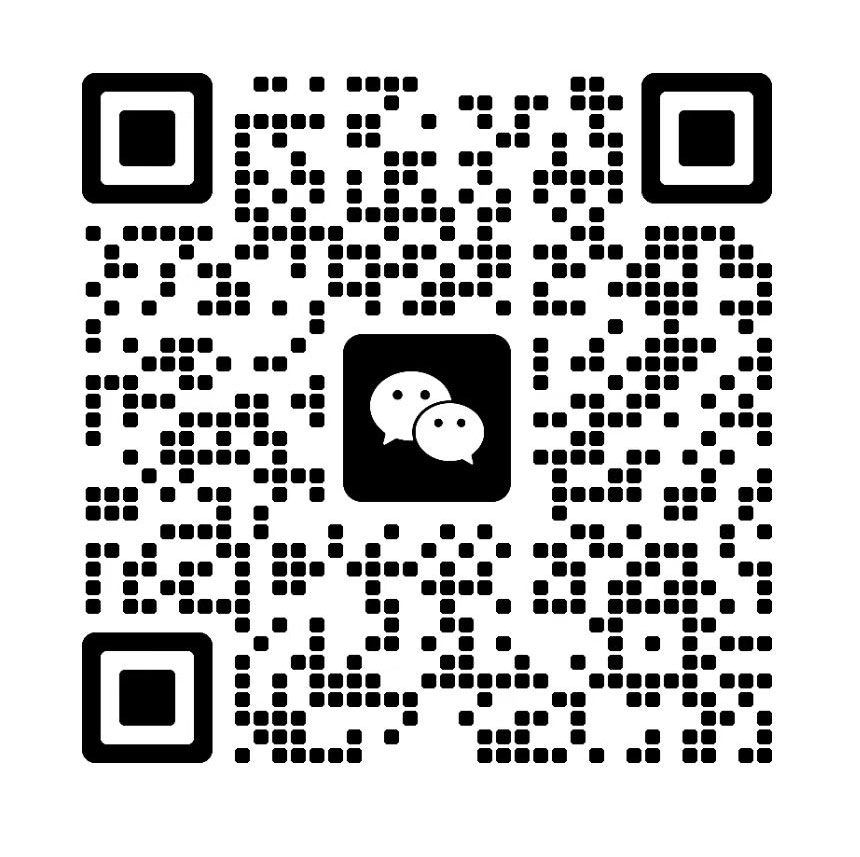iOS Signatures Everything You Need to Know About Apple Signing
iOS signatures are essential for app developers who want to create apps for the iOS platform. When you create an app, it must be signed with a unique digital signature that identifies your app as a legitimate iOS app. There are several different types of iOS signatures, and it's essential to understand the differences between them before you start developing your app.
What is iOS Signing?
iOS signing is a mechanism used by Apple to ensure that only legitimate apps are allowed to run on iOS devices. When you want to create an app for the iOS platform, you must first get it signed with a digital signature that uniquely identifies your app. The signature is generated by Apple's servers and is unique to your app. Once your app is signed, it can be installed and run on iOS devices.
Types of iOS Signing
Apple offers several types of iOS signing, including:
Development Signing
Ad Hoc Signing苹果无法验证企业app怎么办
App Store Signing
Enterprise Signing
Developers use development signing to test their apps on their own devices during the development process. Ad Hoc signing is used to distribute limited copies of the app for testing purposes. App store signing is used for distributing apps through the official App Store, and enterprise signing is used to distribute apps within a company without going through the App Store.
How to Get an iOS Signature?
To get an iOS signature, you need to join the Apple Developer Program. This program gives you access to the tools and resources you'll need to create, test, and distribute your apps. Once you've joined the program, you can use Xcode, Apple's integrated development environment, to develop and test your app. When you're ready to distribute your app, you'll need to sign it using the appropriate type of iOS signature.
How Long Does an iOS Signature Last?
The length of time that an iOS signature lasts depends on the type of signature. Development signatures last for three months, after which you must renew them. Ad Hoc signatures last for one year, after which you'll need to renew them. App Store signatures last indefinitely, but if you update your app, you'll need to re-sign it. Enterprise signatures also last indefinitely but must be renewed annually.
In Conclusion
In today's app-centric world, iOS signing is critical for ensuring that only legitimate apps are allowed to run on iOS devices苹果共享在哪里打开. Apple offers several types of iOS signing, each with its unique purpose苹果企业证书软件. By understanding the differences between these types of signing, you'll be able to choose the right one for your needs and ensure that your app runs smoothly on iOS devices.

